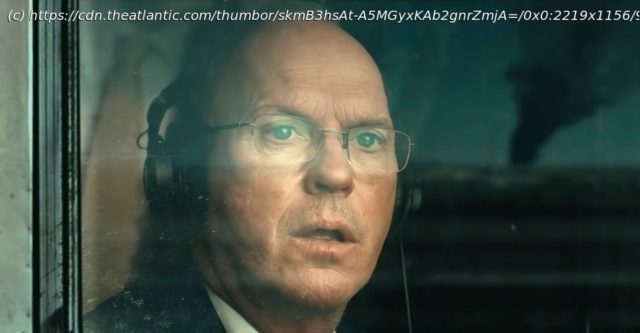Worth, a Netflix film about the September 11th Victim Compensation Fund, reminds us that tragedies can’t be neatly quantified.
What is the value of a human life? This is the question with which the lawyer Kenneth Feinberg (played by Michael Keaton) opens the new Netflix film Worth, stressing to his students that he’s not posing it as a philosophical query. He is a high-powered mediator who assesses damages in cases involving unexpected, large-scale death—such as lawsuits involving Agent Orange or, in the case of this film, the September 11 attacks. Feinberg’s job is to calculate the monetary value of lives lost—to turn names into dollars and cents—in a chilling role befitting our capitalist society. As Worth begins, Feinberg leads his law students through a mock case in which someone dies in a farming accident and his family sues for damages. Abstract numbers are bandied about until the class agrees that $2.7 million sounds right; Feinberg’s lesson is that putting a price tag on a soul can be that easy, and that arbitrary. Sara Colangelo’s film, an adaptation of the real-life Feinberg’s memoir, is about the attorney being handed the same challenge on a staggering level: running the September 11th Victim Compensation Fund, which paid out damages to thousands of families still recovering from the attacks. Colangelo’s movie, written by Max Borenstein, was released yesterday, just a week before the 20th anniversary of 9/11. That timing wasn’t always planned— Worth debuted at the Sundance Film Festival back in January 2020. But it means the movie functions as a timely tribute of sorts: a consideration of how bureaucracy can be both a calming force and an infuriating obstacle following incomprehensible trauma. In Worth, Feinberg is appointed to ease families’ suffering. At the same time, he’s expected to be a bulwark against those same families’ demands.






